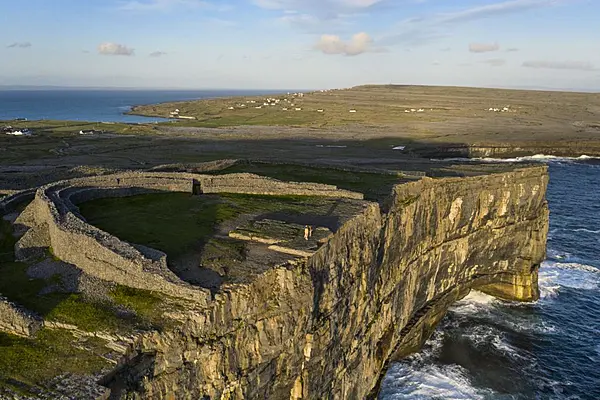The Irish Hotels Federation (IHF) has called on the government to provide additional, ring-fenced funding for carbon reduction initiatives within the Irish hotels sector and wider tourism industry.
Recent industry research carried out by the IHF shows that 65% of hotels plan to make additional capital expenditure investment in sustainability across a wide range of initiatives over the next 12 months. Key areas of additional investment include energy efficiency measures (50% of hotels), renewable energy solutions (49%), food waste reduction (79%) and additional water conservation measures (36%).
A further 23% of hotels indicated that they were actively in the process of exploring investment options to enhance the sustainability of their businesses.
‘Carbon Footprint’
“Environmental sustainability is one of the defining issues of our time and a priority for our sector. What we are hearing on the ground is that there is a strong determination and desire among hoteliers to make significant inroads in reducing their carbon footprint,” said Denyse Campbell, then IHF president.
“Given their scale and the structure of operations, hotels are ideally placed to make a substantial contribution toward the country’s national carbon emissions targets. However, in order to realise this goal, higher levels of funding from government will be required.”
Climate Action Programme
Delegates at the IHF’s 86th annual conference heard that, while many hotels are making significant progress in embracing sustainability, enormous untapped potential exists within the sector in relation to achieving greater energy efficiency and the adoption of renewable energy solutions.
Campbell pointed to Fáilte Ireland’s recently launched Climate Action Programme and partnership with the SEAI as a very welcome development and an example of the closer collaboration among industry stakeholders that will be key to achieving meaningful reductions in carbon emissions across the tourism industry.
‘Considerable Investment’
“These projects are highly capital intensive and require considerable investment by hotels. Additional government supports are therefore vital,” said Campbell.
“We had expected greater certainty in relation to funding plans by now, and this is something we would urge the government to progress without delay.”









